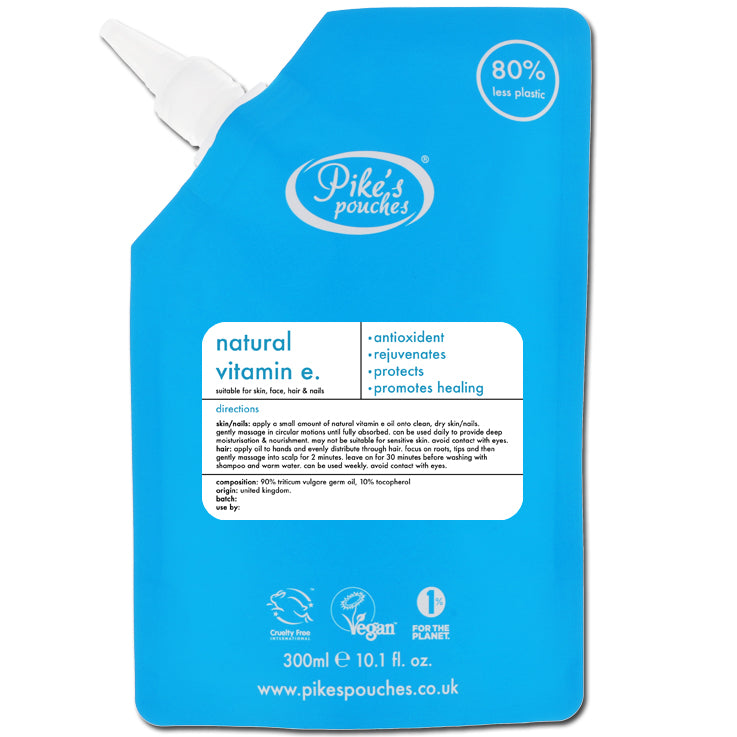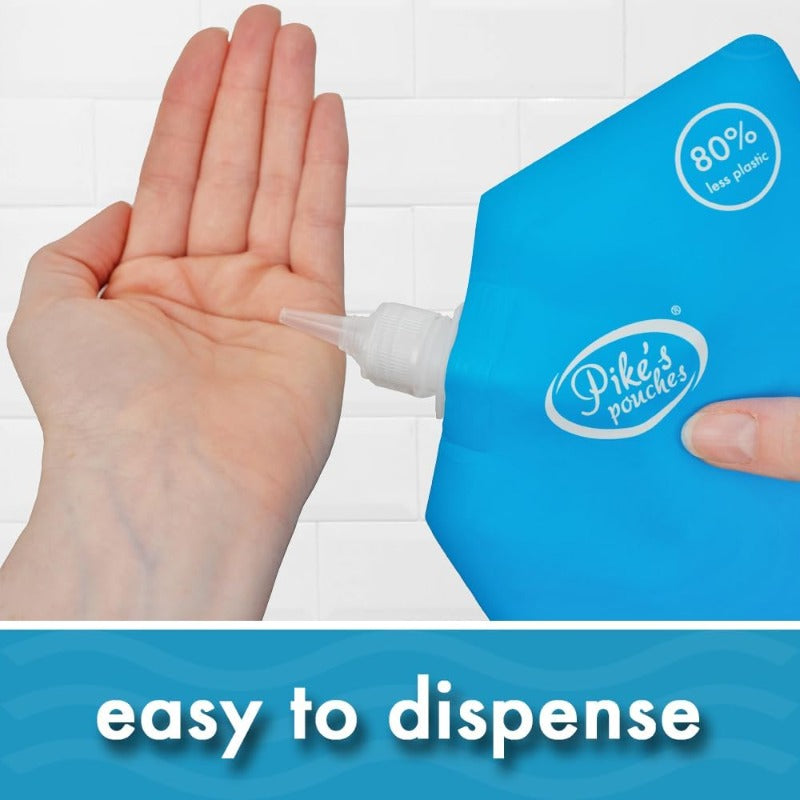Estimated reading time: 4 minutes
Table of Contents
- Does Vitamin E Oil Help Dry Skin?
- Is Vitamin E Oil Good for Extremely Dry Skin?
- Can You Apply Vitamin E Oil Directly to Skin?
- Can I Use Vitamin E Oil on My Face Every Day?
- Is Vitamin A or E Better for Dry Skin?
- Why Choose Natural Vitamin E Oil?
- Conclusion
Does Vitamin E Oil Help Dry Skin?
Vitamin E oil is renowned for its moisturising properties, making it a popular choice for treating dry skin. Its rich, antioxidant-packed formula helps to nourish and protect the skin barrier, locking in moisture and promoting a smooth, hydrated complexion. Regular use of vitamin E oil can alleviate the discomfort associated with dryness, such as flakiness and itching, leaving the skin feeling soft and supple.
Is Vitamin E Oil Good for Extremely Dry Skin?
For those struggling with extremely dry skin, vitamin E oil can be particularly beneficial. Its deep-penetrating properties ensure that moisture is delivered to the deepest layers of the skin. The oil's ability to enhance the skin's natural barrier function also means it can provide long-lasting hydration, making it an excellent option for individuals with severe dryness or conditions such as eczema.
Can You Apply Vitamin E Oil Directly to Skin?
Yes, you can apply vitamin E oil directly to the skin. Doing so can provide targeted relief to areas of extreme dryness. To apply, gently massage a few drops of the oil into the skin using circular motions. This not only ensures even distribution but also promotes better absorption. However, it’s always advisable to perform a patch test first, especially if you have sensitive skin, to ensure there’s no adverse reaction.
Can I Use Vitamin E Oil on My Face Every Day?
Using vitamin E oil on your face every day can be beneficial for maintaining hydration and protecting against environmental damage. It’s best applied at night, allowing the oil to work its magic while you sleep. Start with a small amount and gradually increase as your skin becomes accustomed to it. Be mindful to observe how your skin reacts, as overuse can sometimes lead to clogged pores, especially in those with oily or acne-prone skin.
Is Vitamin A or E Better for Dry Skin?
While both vitamins A and E offer benefits for skin health, vitamin E stands out as particularly effective for dry skin. Vitamin E is a powerful antioxidant that provides immediate hydration by replenishing the skin's natural oils. Its ability to enhance the skin’s barrier function helps to lock in moisture, preventing further dryness. Unlike vitamin A, which can sometimes cause irritation and peeling, vitamin E is gentle and soothing, making it suitable for even the most sensitive skin types. For those seeking a direct and immediate solution to dryness, vitamin E oil is often the better choice, offering both protective and reparative benefits without the potential side effects associated with vitamin A.
Why Choose Natural Vitamin E Oil?
Choosing natural vitamin E oil ensures that you’re getting the purest form of the nutrient, free from synthetic additives that can sometimes irritate the skin. Natural vitamin E, derived from sources like wheat germ oil and retains its potent antioxidant properties, providing maximum benefit. Moreover, natural oils are often more readily absorbed by the skin, enhancing their effectiveness.
Conclusion
Incorporating vitamin E oil into your skincare routine can significantly improve dry skin. Its ability to deeply moisturise, protect, and nourish the skin makes it a valuable addition to your beauty regimen. Whether you have mildly dry skin or suffer from severe dryness, vitamin E oil offers a natural and effective solution. By choosing natural vitamin E oil, you can ensure that your skin receives the best possible care, helping you achieve a healthy, hydrated complexion.












